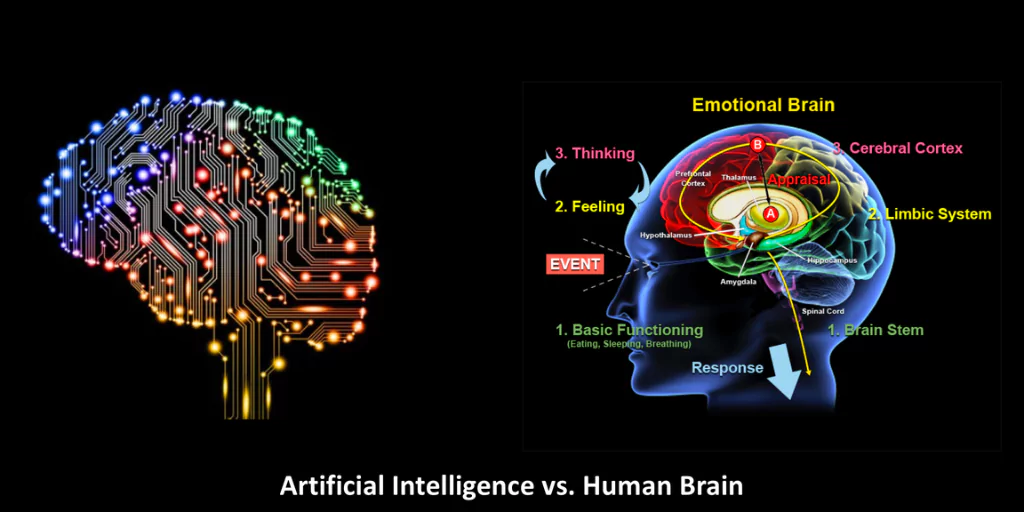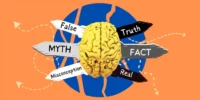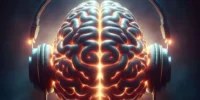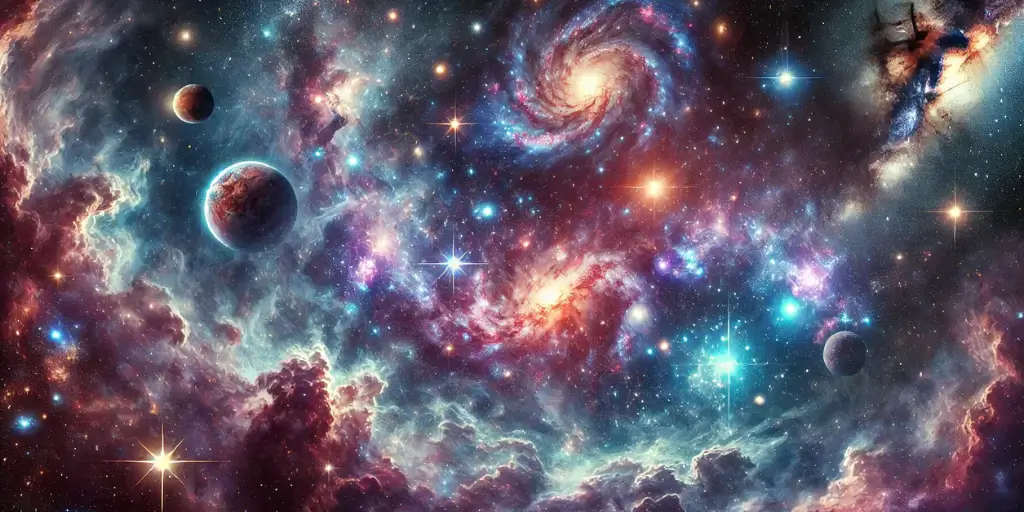Artificial intelligence (AI) is revolutionising industries ranging from healthcare to banking. Despite its tremendous advancement, one major concern remains: will AI ever match the human brain? While machines can do certain jobs with extreme precision, the human brain is far more complex, adaptive, and creative. This blog looks at the differences and parallels between AI and the human brain.
Structure: Silicon vs. Biology
Human Brain
- It consists of around 86 billion neurons.
- Works with electrical impulses and chemical signals.
- Adapts and reorganises itself using neuroplasticity.
Artificial Intelligence
- Built with algorithms, data, and processors.
- The structure of the brain serves as inspiration for the use of artificial neural networks.
- lacks biological flexibility, yet processes data at extraordinary rates.
1. Learning and Adaptability
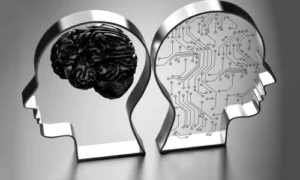
Brain
- Learns from experience, emotions, and context.
- Capable of intellectual thought, creativity, and moral judgment.
- Can generalise knowledge to different settings.
AI
- Learns from massive datasets and patterns.
- Can surpass humans in certain activities (such as chess and medical diagnostics).
- Struggles with common sense, intuition, and emotions.
2. Speed and Efficiency
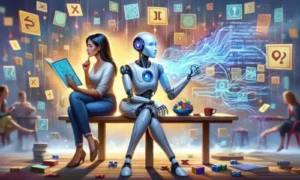
AI: Performs millions of calculations per second, outperforming the brain in raw computing.
Brain: Slower in basic calculation but significantly more energy-efficient—it consumes approximately 20 watts, whereas supercomputers demand vast amounts.
3. Creativity and Consciousness
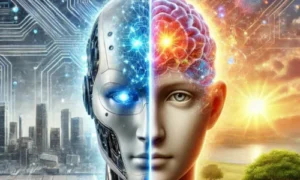
Brain: The brain generates original thoughts, emotions, and self-awareness. Experience, imagination, and intuition all contribute to creativity.
AI: AI generates outputs based on data and patterns. It can create art, music, and language, but lacks actual comprehension or consciousness.
Similarities Between AI and the Brain
1. Both use node networks (neurons in the brain and artificial neurons in AI).
2. Both rely on pattern recognition for learning.
3. Both enhance performance with practice and feedback.
4. Limitations of Each
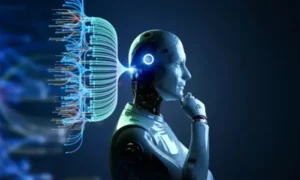
Human Brain: The human brain has a limited memory capacity and is susceptible to weariness, prejudice, and emotional influences.
AI: AI is data-dependent, lacking intuition, creativity, and moral reasoning. Without guidance, one is unable to function outside of programmed rules.
Future possibilities
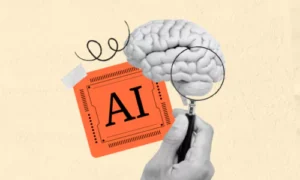
As artificial intelligence progresses, the distance between machines and the human brain may lessen. Neuromorphic computing seeks to recreate the brain’s efficiency, whereas brain-computer interfaces investigate the intersection of human intellect and AI. However, gaining human-like consciousness in AI is still unknown.
Conclusion
Artificial intelligence is powerful, yet it has limitations when compared to the human brain, which excels in creativity, flexibility, and consciousness. AI can digest data faster, but the brain still reigns supreme in emotional intelligence, abstract thinking, and moral decision-making. Instead of competing, the future of AI and humans is one of collaboration, combining machine efficiency with human inventiveness.
FAQs
1. Can AI think like a human brain?
No, AI follows data patterns but lacks consciousness and emotions.
2. Which is faster: AI or the human brain?
AI is faster in raw computation, but the brain is more energy-efficient and adaptive.
3. Can AI replace human intelligence?
AI can assist and enhance, but it cannot replace human creativity and consciousness.
4. How many neurons are in the human brain?
Around 86 billion neurons.
5. What makes the human brain unique compared to AI?
It can combine logic with emotions, creativity, and morality.


